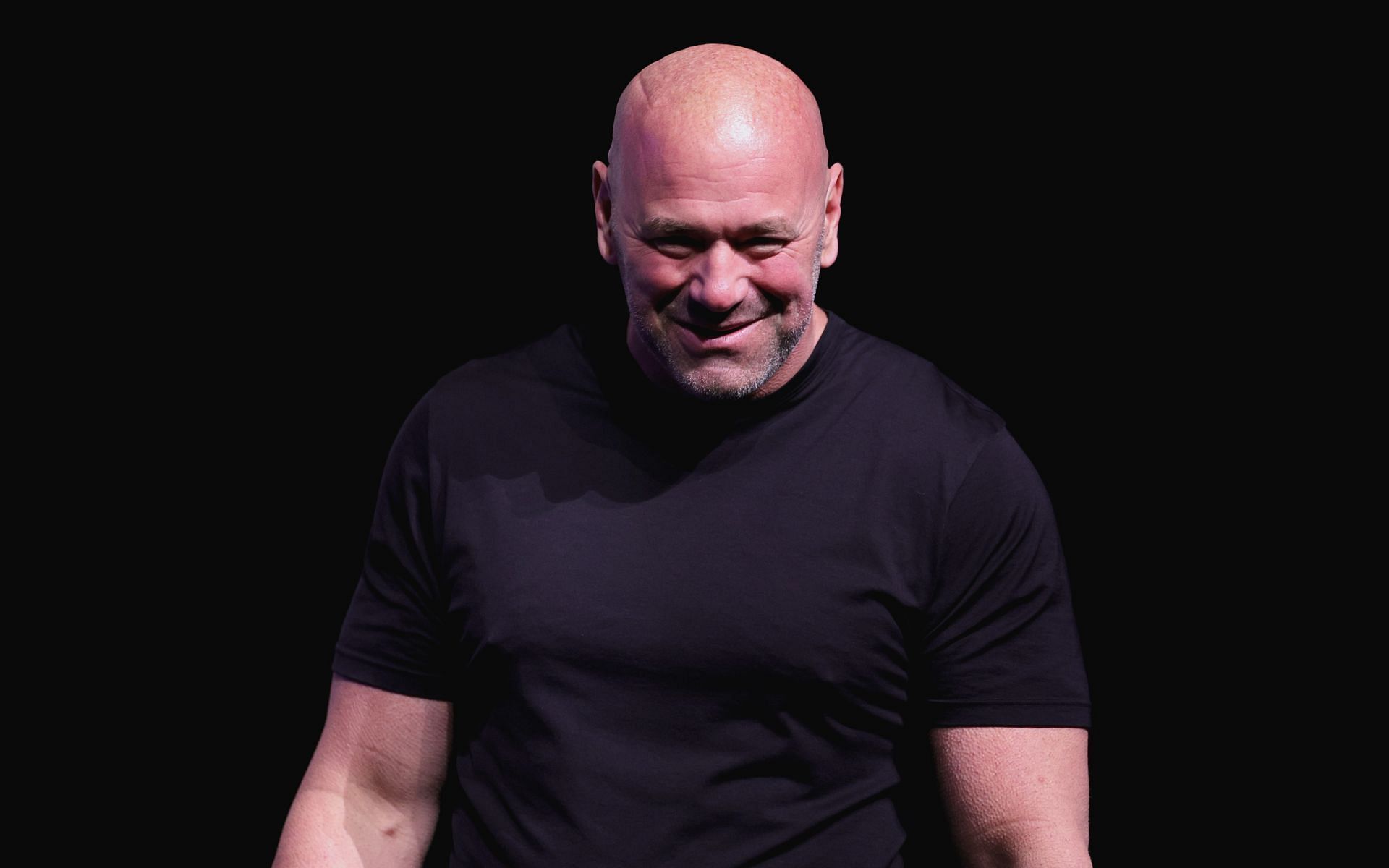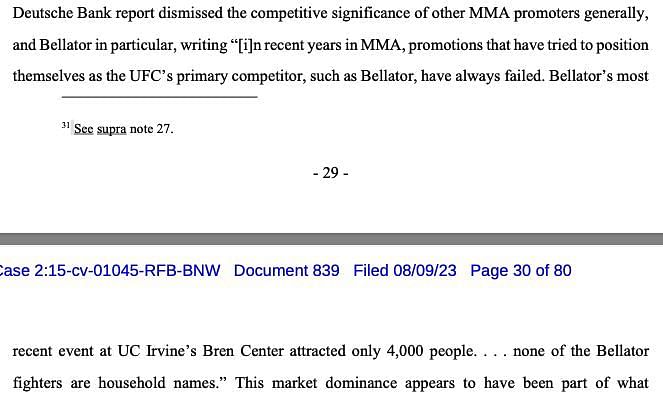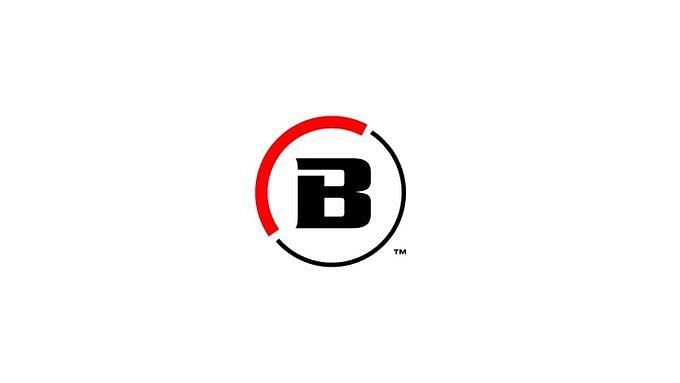
"Have always failed" - UFC antitrust lawsuit, recently granted class-action status, took a brutal jab at Bellator
Over the past three decades, the UFC has towered as an unparalleled global leader, owing to the elite talent on its roster and the organization's ability to put on exciting events worldwide.
Since its inception, the UFC has strived to institutionalize the sport by enforcing important rules and regulations and the athlete code of conduct. Over the years, several MMA organizations such as Bellator MMA and ONE Championship have become recognizable names in combat sports promotion.
Most recently, the UFC was officially granted class certification in an antitrust lawsuit dating back to 2014. U.S. District Court's Judge Richard F. Boulware gave the green light for the lawsuit that was initially filed by nearly 1,200 fighters in 2020, to proceed as a class action suit.
The plaintiffs, which include former fighters, Cung Le and Jon Fitch, assert that the organization's alleged unfair business practices created a monopoly, suppressing fighter pay. The lawsuit, seeking damages between $800 million and $1.6 billion, signals a significant legal battle that could potentially reshape the landscape of MMA competition.
Amidst all that, a report by Deutsche Bank has emerged that seemingly takes a sharp jab at Bellator. The report asserts that despite efforts by other MMA promoters such as Bellator, to position themselves as formidable competitors to the Ultimate Fighting Championship, they have consistently failed to achieve significant market presence and popularity.
The report, brought to light by Bloody Elbow, pointed out that a recent Bellator event at UC Irvine's Bren Center had a meager attendance of 4,000 people and highlighted the absence of well-known Bellator fighters. This enduring market dominance, coupled with widespread recognition, has evidently played a significant role in the Ultimate Fighting Championship's ongoing success and prominence within the MMA industry.
Check out the tweet below:
Legal expert breaks down the UFC Anti-Trust lawsuit
Combat sports regulatory lawyer Erik Magraken recently highlighted the significance of the class action lawsuit against the UFC. Magraken pointed out that the organization is accused of employing coercive practices.
The court identified three key aspects to the lawsuit: the use of oppressive contracts, employing ruthless tactics beyond these contracts to limit fighter free agency, and the acquisition of competitors to reduce choices for fighters in the market.
Margraken took to Twitter to explain the lawsuit in-depth, stating:
“These are really damning reasons the court released today. They found a preponderance of evidence that the UFC has used ruthless and coercive practices. In a nutshell, there’s three things the court said.”
Magraken added:
“Number one, that they used oppressive contracts. Number two, that they use ruthless tactics outside of those oppressive contracts and combine those two things, keep fighters from really ever enjoying free agency. And three, the court found that the UFC has bought up competition, not to necessarily make their product better, but instead to give fighters fewer choices on the open market.”



